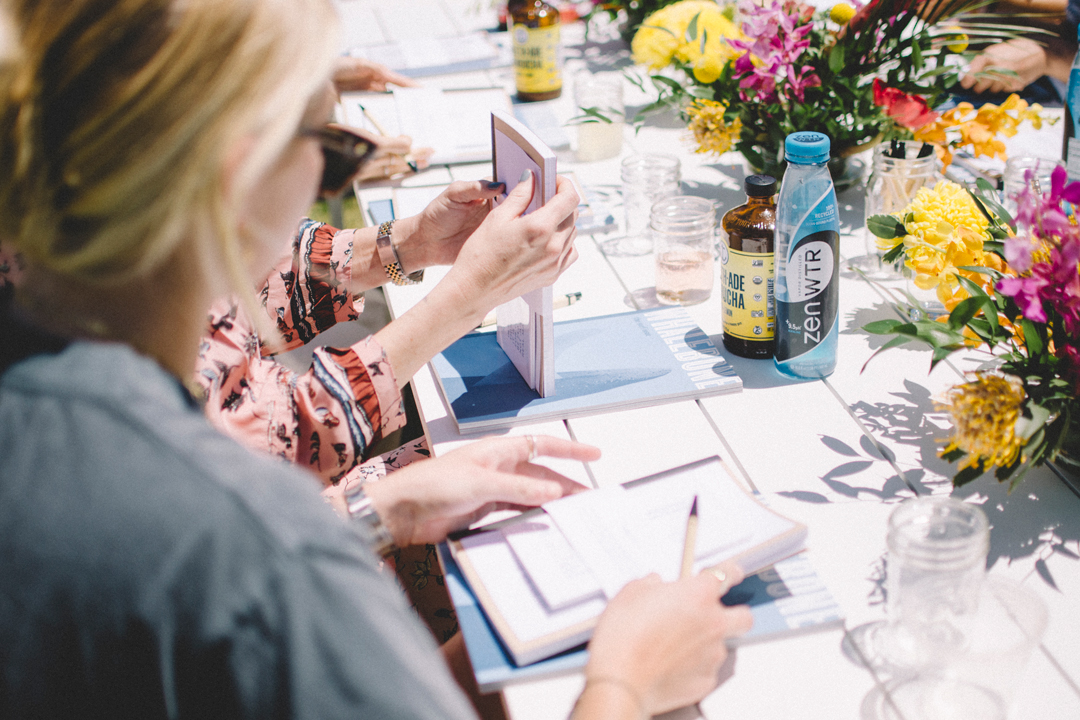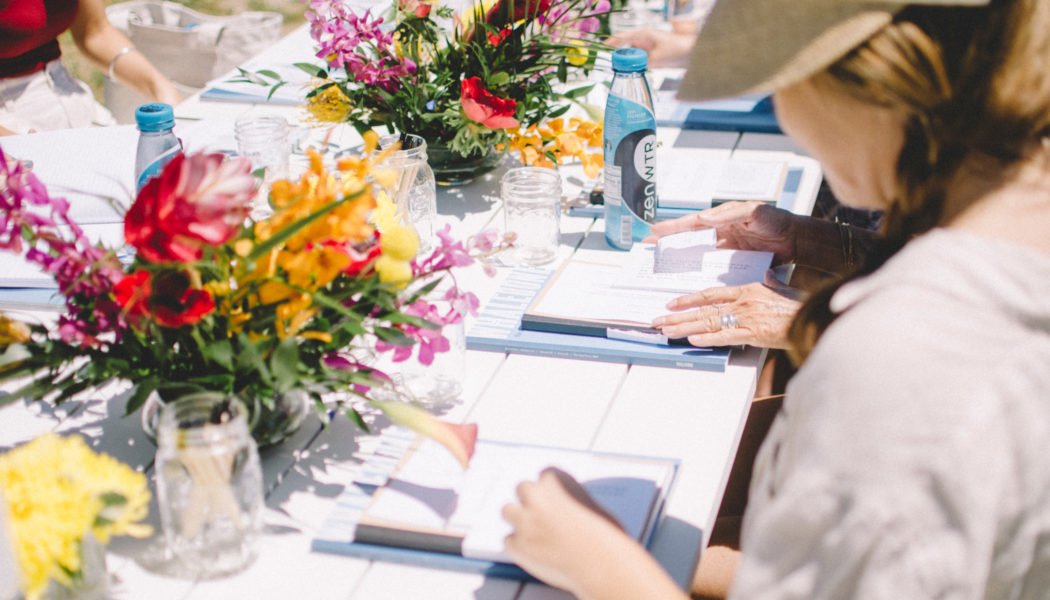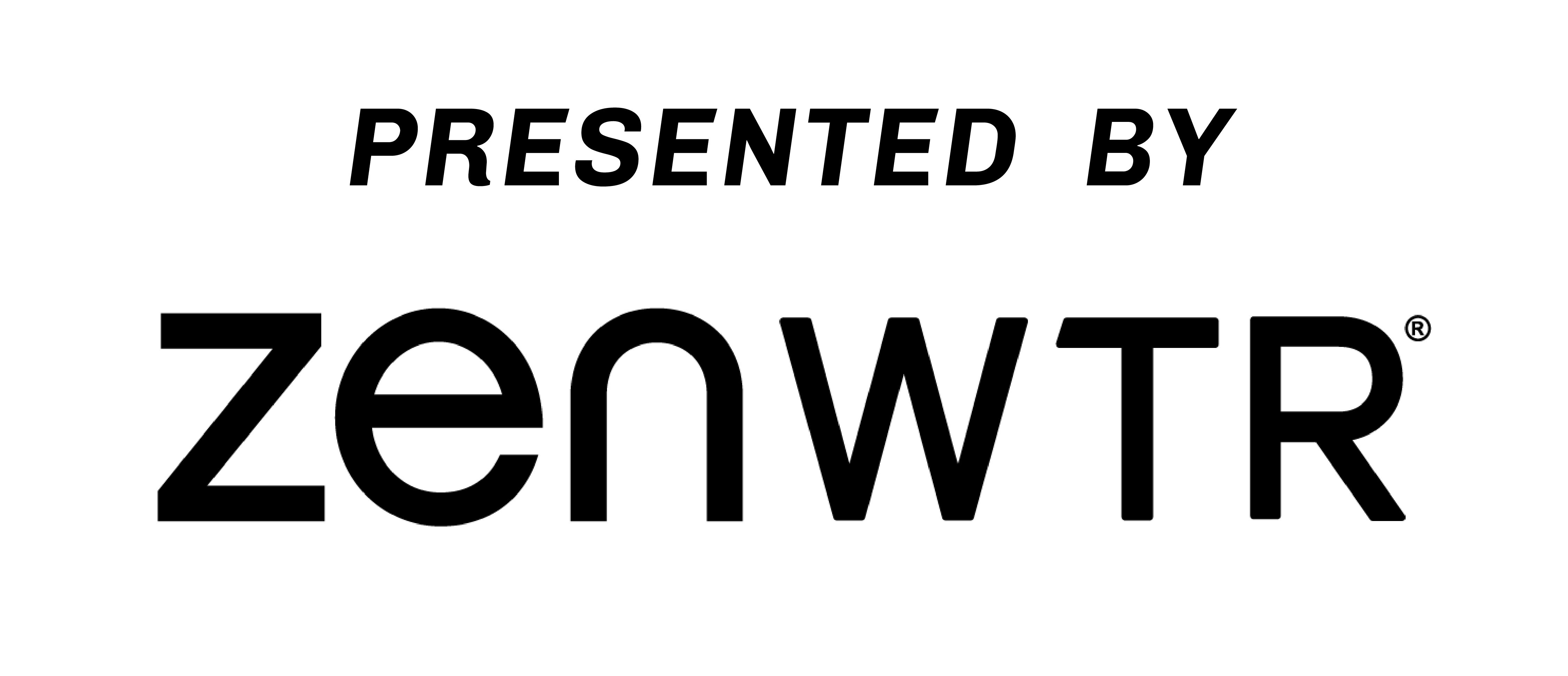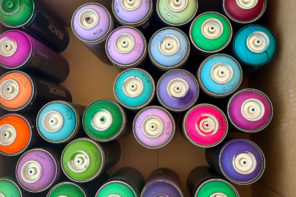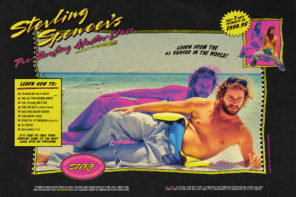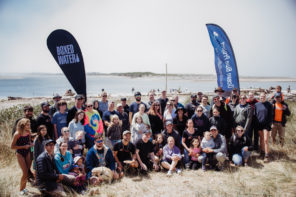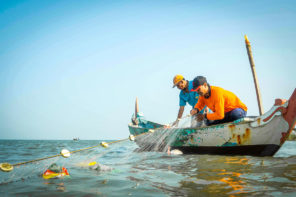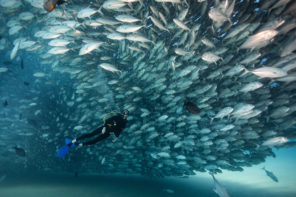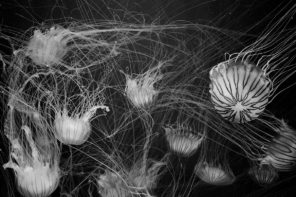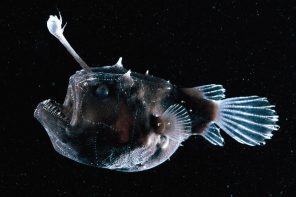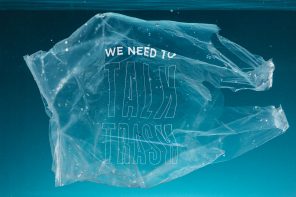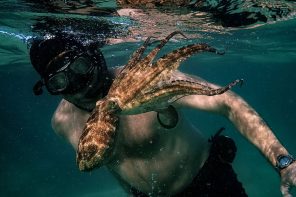An Interview with the Creator of AllSwell Creative: Laura Rubin
Earlier this summer you may have heard a thing or two about something Whalebone was calling “The Surf Thing.” If you didn’t happen to read those words in that order from us at least one time earlier this summer then you may be new around here. So a little refresher. Whalebone along with the help of our friends over at ZenWTR decided to put on a six-day festival celebrating good humans, music, surf, sand, golf, wellness and plenty more. Featured as one of those good humans we previously mentioned is AllSwell Creative’s Laura Rubin, we were able to sit down with Laura and talk with her about her relationship with the ocean as well as her passion for journaling and how it lead her to create AllSwell. Our partners at ZenWTR are aiming to leave the world a better place through their conservation efforts. Laura is on a similar mission, but starting her journey through the mind to help form better humans who want to do more good for the planet.
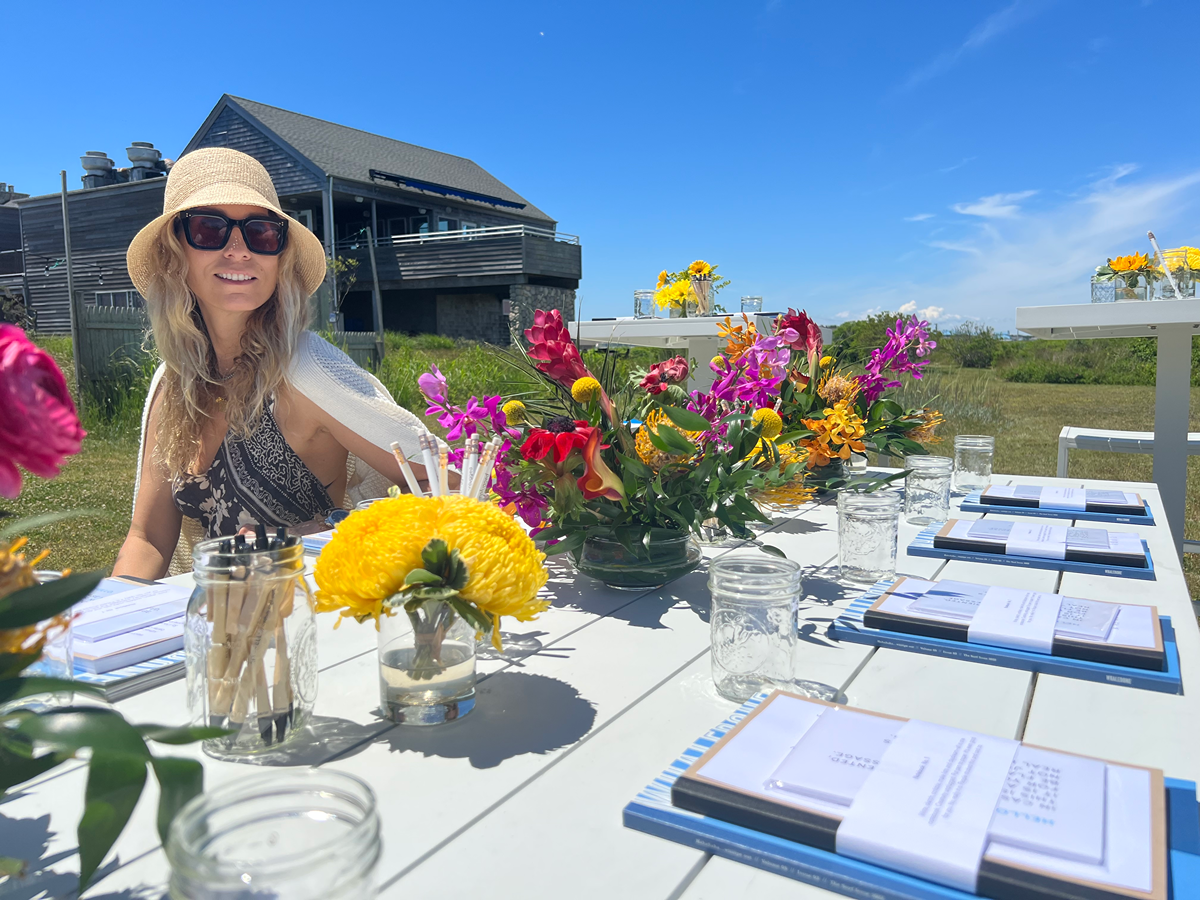
Whalebone: Tell us a little bit about AllSwell Creative and what journaling has done for you and what you hope it will help you for others?
Laura Rubin: I founded AllSwell Creative because I felt that journaling had a bit of a PR problem. It was more closely associated with teen-girl emo scribbling than being the legitimate modality for mental and emotional wellbeing it actually is. The concept found me when I was on the beach, where I usually do my best creative thinking. I went for a surf check one morning hoping for some baby waves but nada. I always keep a notebook with me in my beach bag. So I grabbed a thermos, sat down and journaled instead. Had myself a nice little creative session. I wrote down, “Swell or no swell, all’s well.” And that’s where the concept for the brand was born.
I’m trying to start a journaling revolution – to change the perception of what putting pen to paper can do for a person in terms of their creativity, their vision, their mental and emotional health, their ability to enjoy their lives and generally have a more productive, connected experience. All of that is supported by the simple act of putting pen to paper.
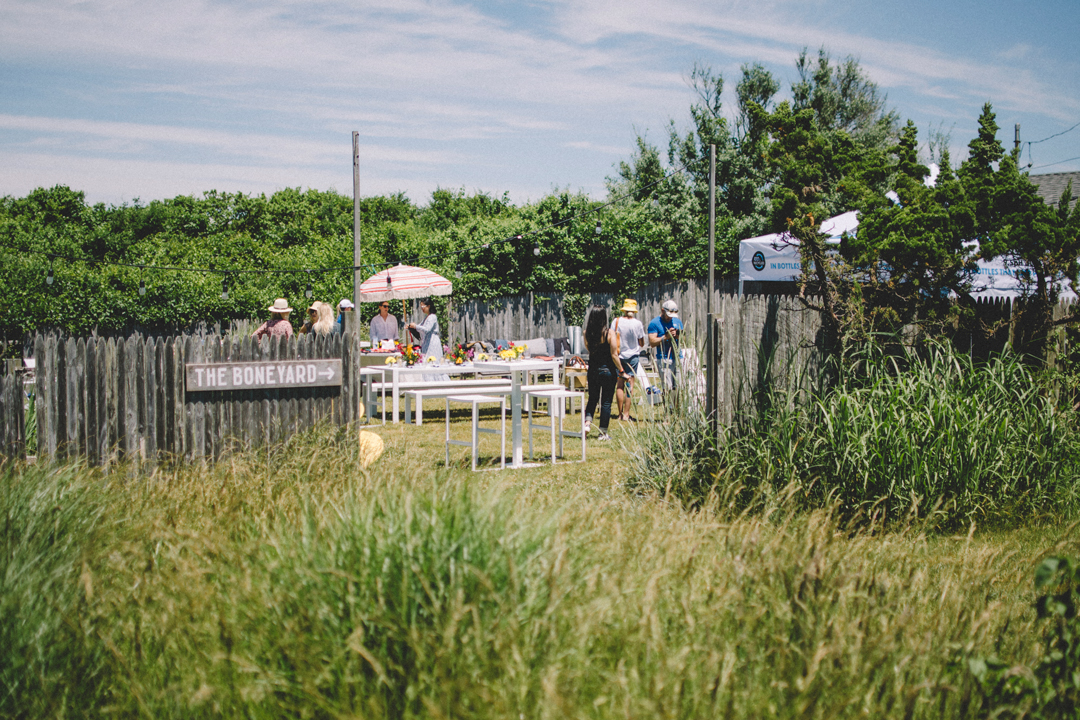
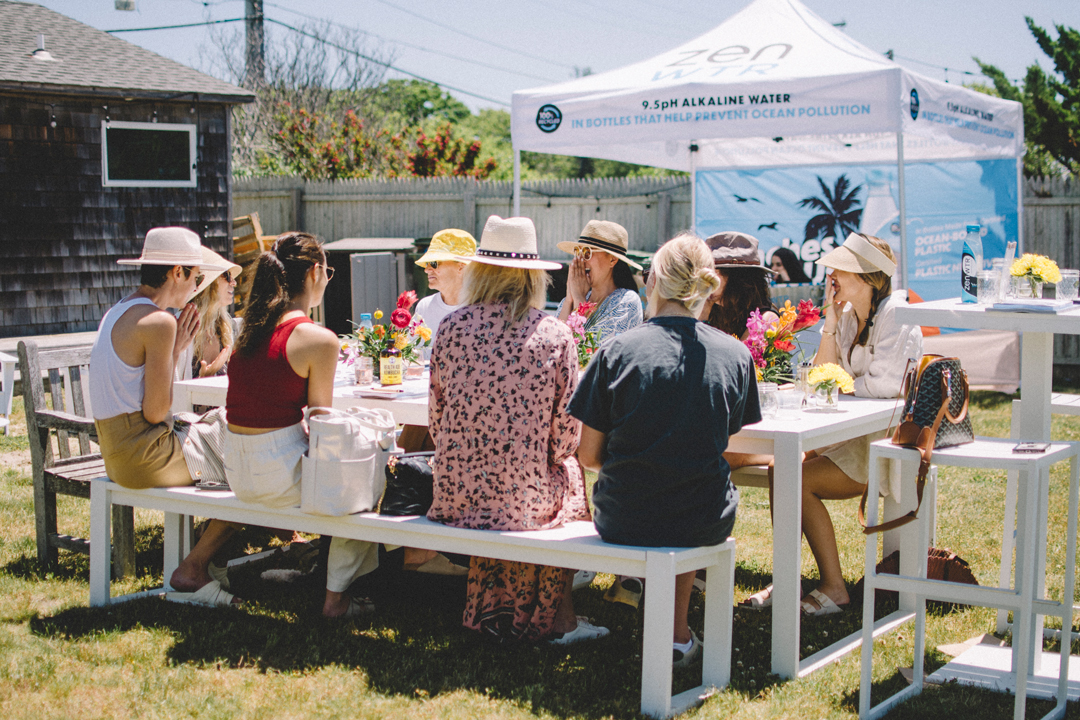
WB: Where do you think that your love of the water and the beach started? What’s your perfect beach day from start to finish?
LR: My earliest memories at the beach were with my family in Quogue, Montauk and at the public beaches on Long Island and in Connecticut like Sherwood Island. My brother and I would go out to Quogue for two weeks every summer with my Dad. It’s funny, he was an athletic guy but he didn’t know how to swim, yet he brought us to the beach. I was drawn to my time there and it spoke to me as it does so many of us. I think it’s just really natural and instinctual. It’s something that I need a dose of on a regular basis so I’ve made it a big part of my life.
My perfect beach day includes some journaling by the ocean, of course. Ideally, I’d also run my puppy on the beach and share slopey, clean shoulder-high waves with a couple of friends in an uncrowded lineup. End things with a bonfire on the beach under the stars with a really good bottle of wine and great company.
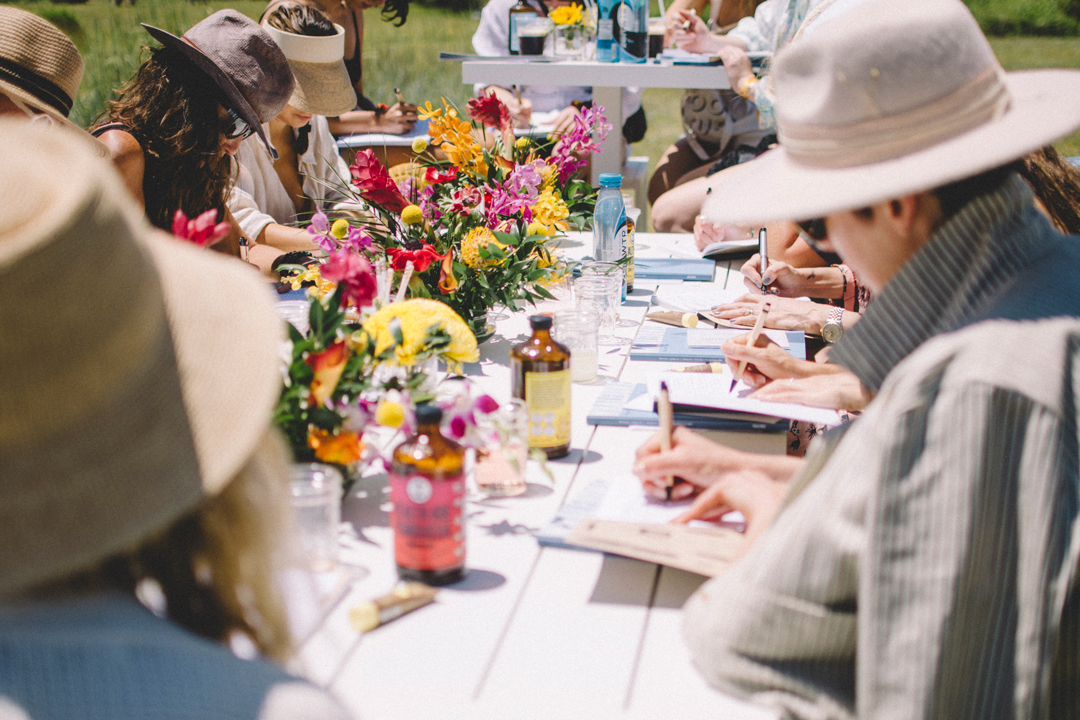
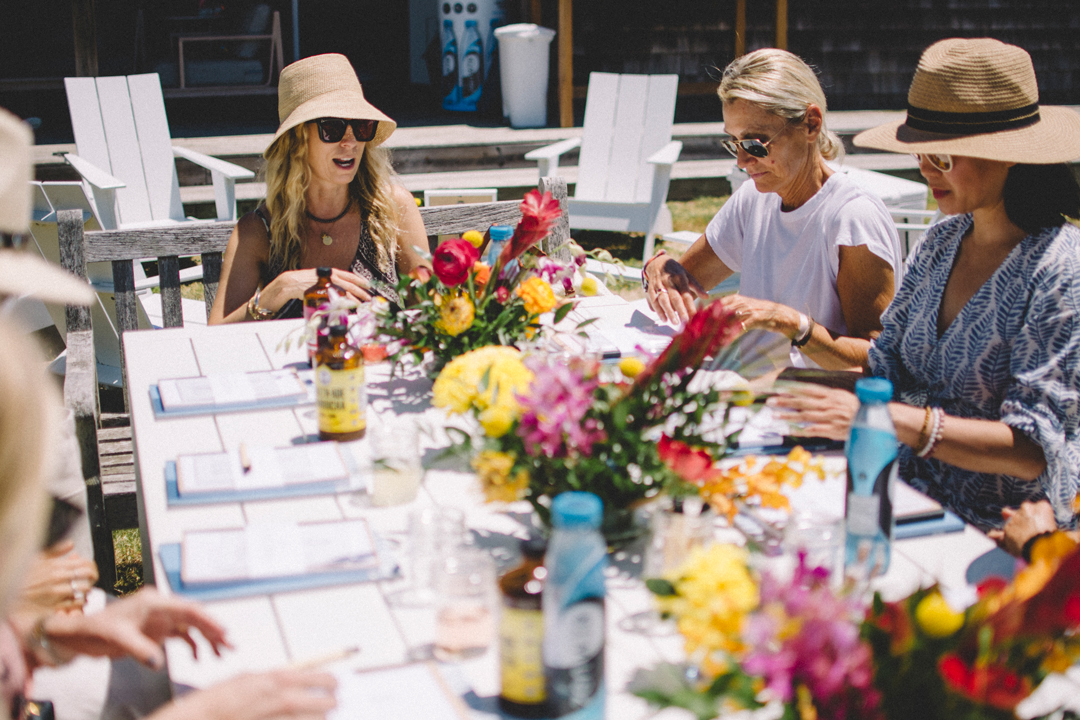
WB: What’s one thing everyone can learn from spending some time in the water?
LR: Flexibility and focus are two things that you need if you’re going to be spending time in or on the water. The ocean will always win, and you need to be able to be fully aware, connected to your surroundings. In doing that, you’re having this entirely present moment that’s very hard for us to get these days because of the amount of digital connectivity.
Similarly, journaling on physical paper versus in a Notes app or on a laptop provides a reclamation of our attention. We badly need digitally disconnected time in order to hear our own voice, to be in our lives.
I’m trying to start a journaling revolution – to change the perception of what putting pen to paper can do for a person in terms of their creativity
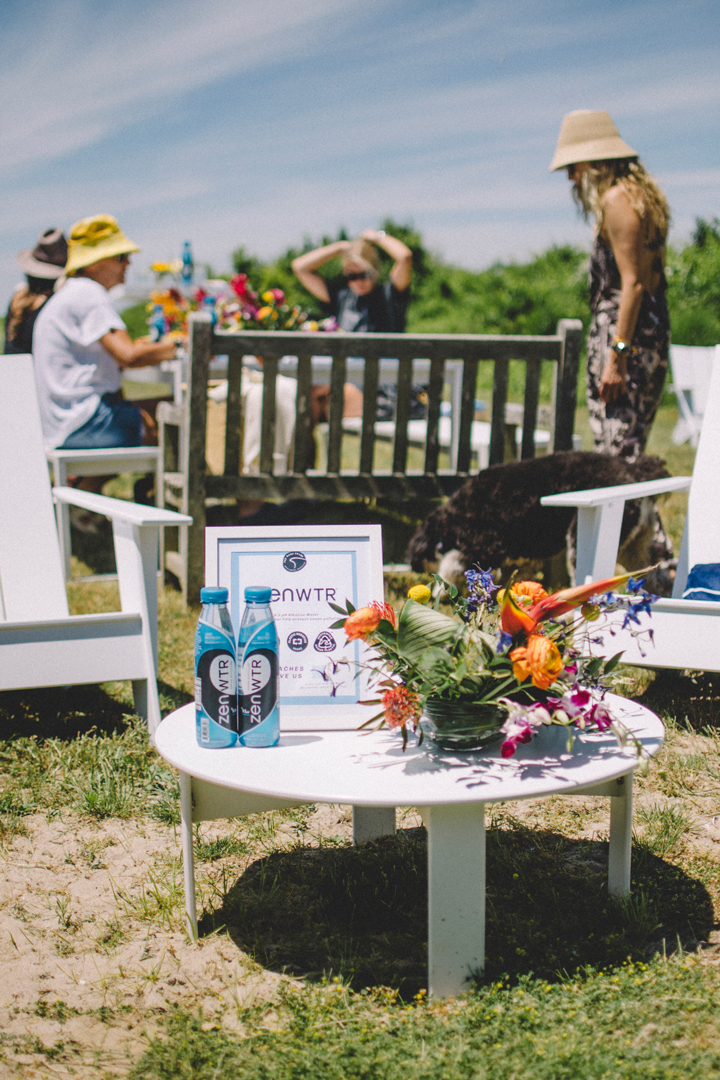
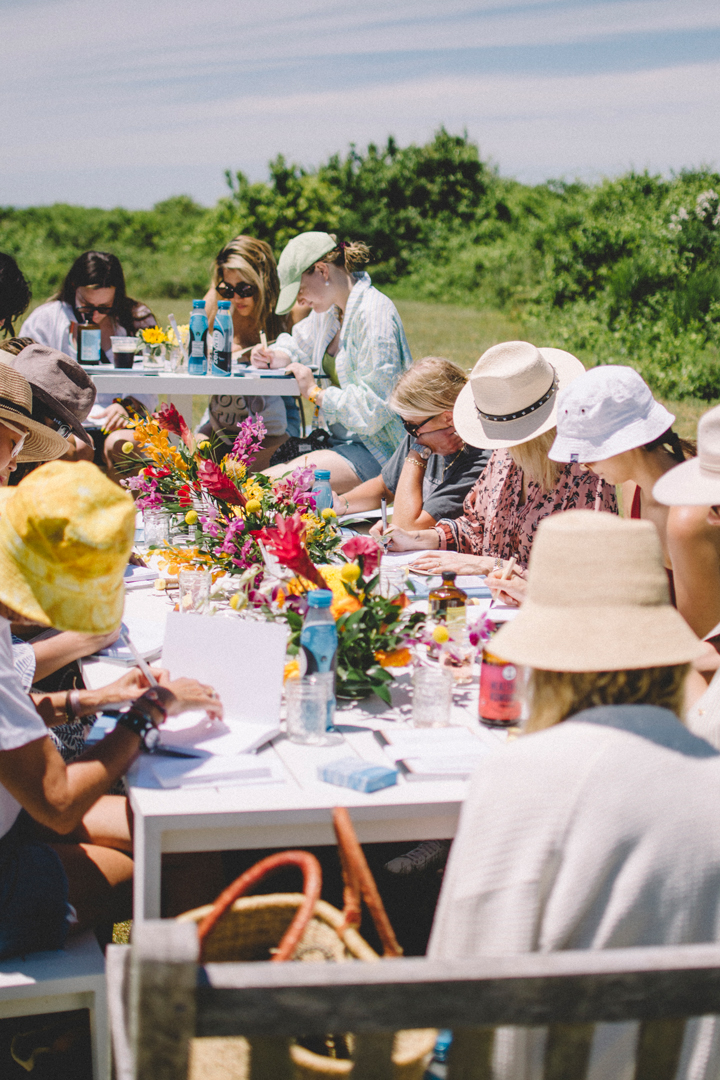
WB: What do you think of when you hear the word zen?
LR: Zen can look like meditation but it doesn’t have to. It can be a walk or hike where you’re fully present. It can be a concert where you give yourself over entirely to the music. Even the act of eating can be mindful. My friend’s father says riding his lawnmower is his Zen time. It doesn’t matter what you’re doing, Zen is a perspective you can bring into any experience.
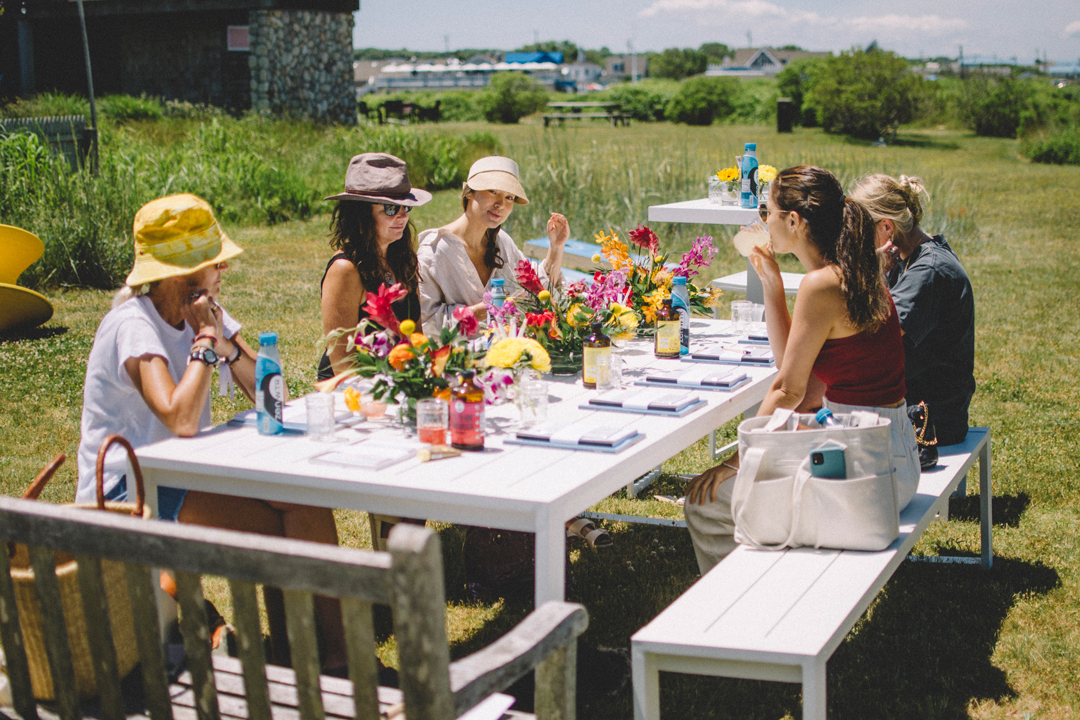
WB: How would you like to leave the planet better than you found it?
LR: I’m working to de-stigmatize mental health and give people tools in order to take better care of themselves. In doing that, I’m hoping that they will also be able to withstand the burnout that so many of us are experiencing due to the environmental, social and political issues of our time. If somebody is burnt out and shut down, they can’t participate in being part of the solution.
WB: Is there a piece of advice that you would give to help protect our beaches?
LR: Bring people to the beach, expose them to nature and awe. That is the best way to inspire them to become conservationists. They become stakeholders, and we badly need everyone to be engaged in creating positive change.
